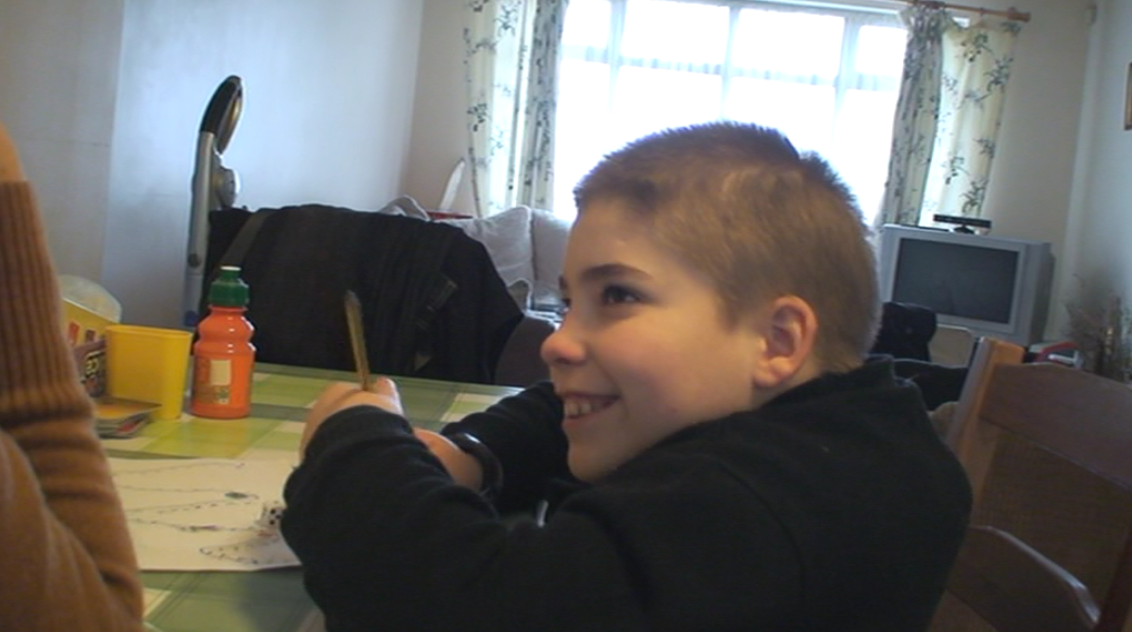Behavioural Characteristics
When people have a diagnosis of Prader-Willi syndrome it means that they are more likely to engage in certain behaviours than people without this syndrome. This is known as a ‘behavioural phenotype.’ However, this does not mean that everyone with Prader-Willi syndrome will show this behaviour and it is extremely important to remember that everyone with Prader-Willi syndrome is an individual.
Understanding which behaviours are more likely to occur in Prader-Willi syndrome means that parents, carers and professionals are in a stronger position to support a person because they can learn about why this behaviour is happening and develop interventions that are specific to people with this syndrome.
The following sections describe a range of behaviours including;
- adaptive (living) behaviour
- Autism Spectrum Disorder
- eating behaviour
- mood and interest
- overactivity and impulsivity
- repetitive behaviour
- sleep
- skin picking
- social behaviour
- temper outbursts
- behavioural difficulties
Descriptions of each of these behaviours can be found in the corresponding subsection on this website or you can visit the Key Topics pages to get a general overview of each of these areas.




